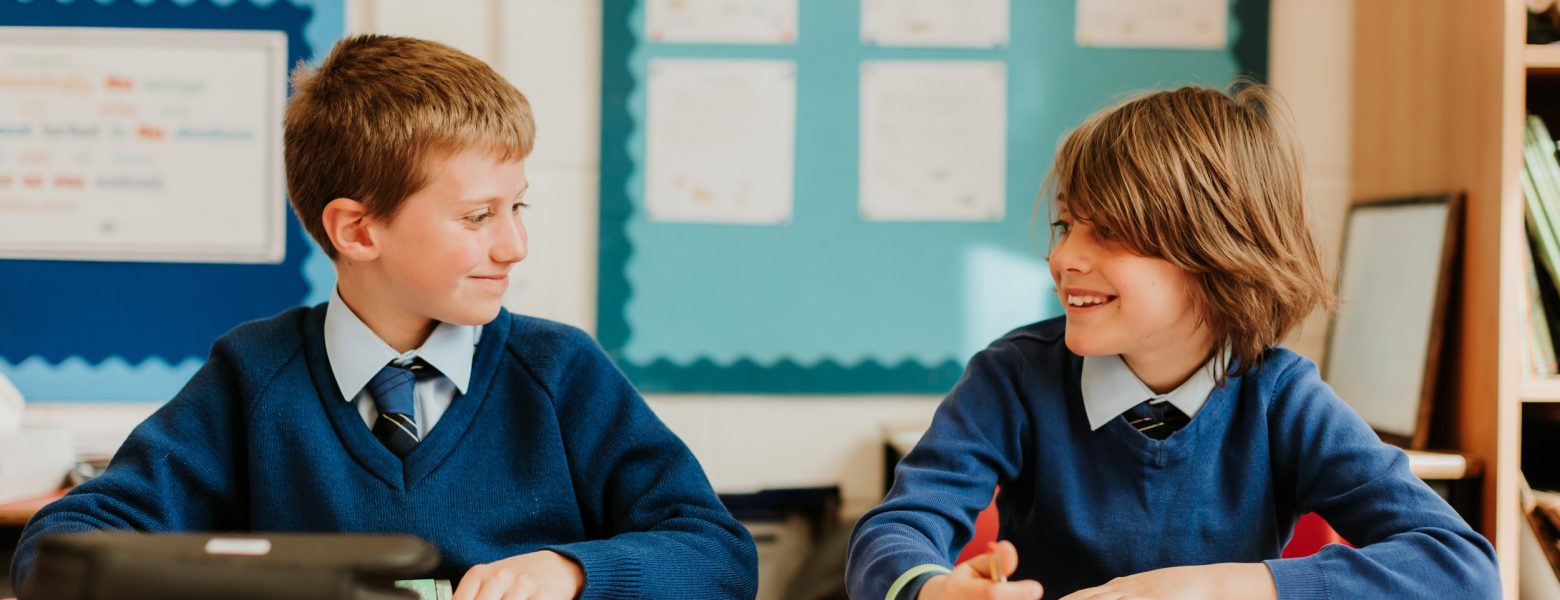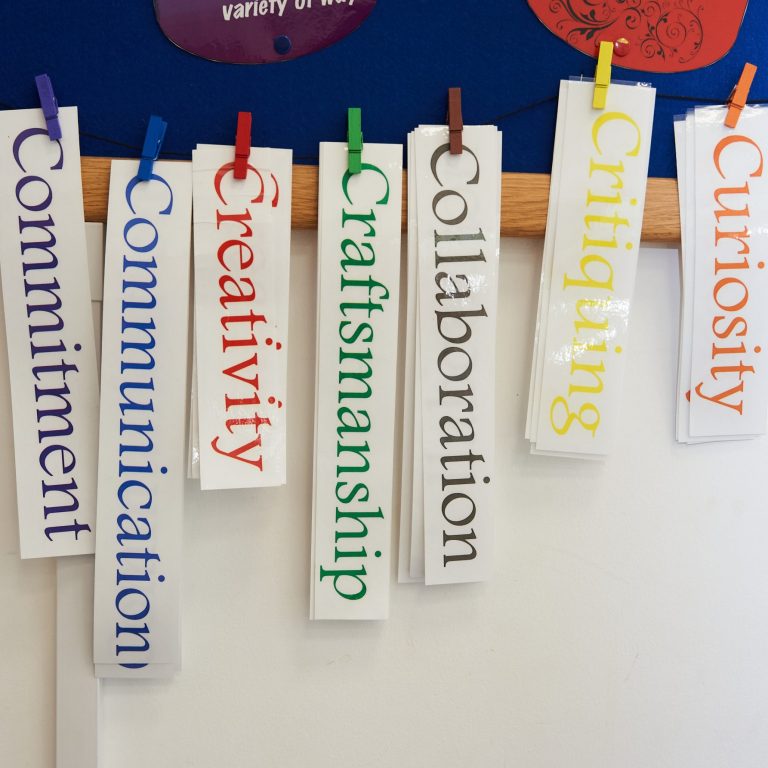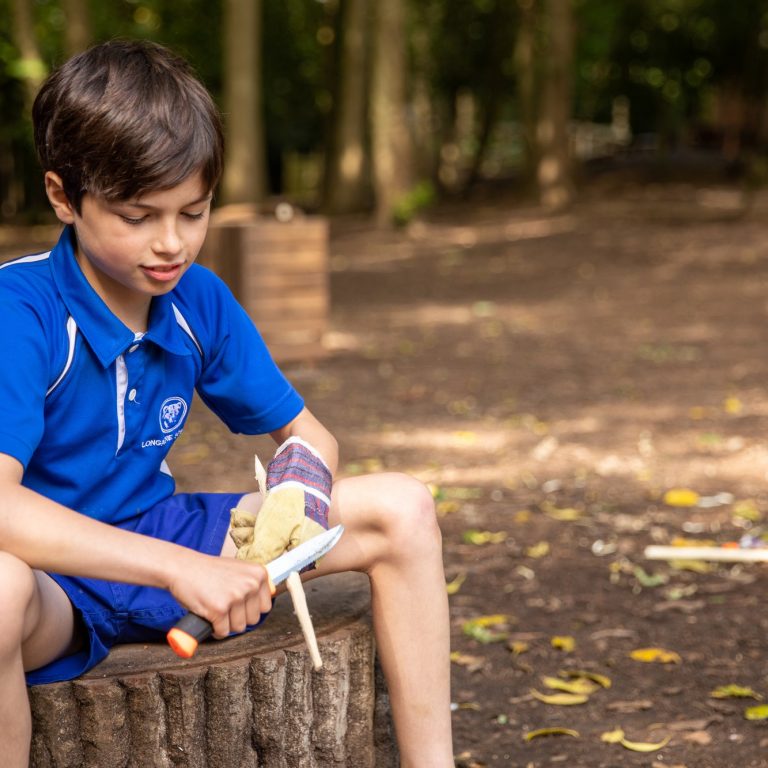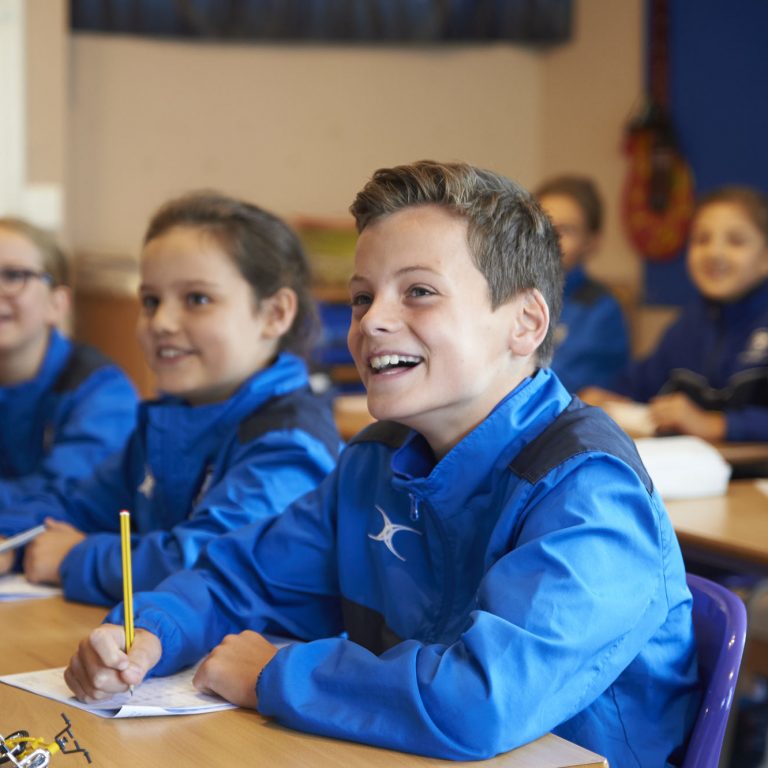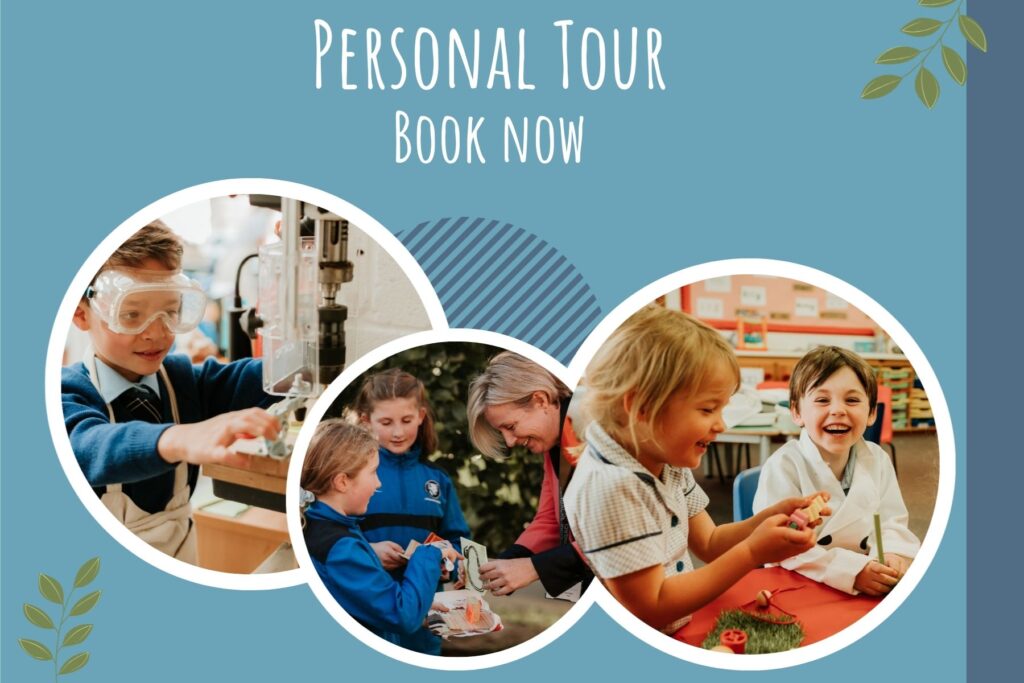Longacre teaches a broad, dynamic curriculum where the emphasis is on skills as much as acquiring knowledge. The children are predominantly classroom based up to the end of Form III, and taught by specialist subject teachers thereafter. French and Computing are taught from Reception onwards and all Pre-Prep children are taught Forest School, Games and Music by specialist subject staff. Children are extended wherever possible through ‘chilli challenges’ and often move beyond the National Curriculum guidelines.
Children that would benefit from additional help may receive specialist one-to-one tuition, following a recommendation from teaching staff and/or an educational psychologist. This is provided by our Learning Support Department and peripatetic teachers where appropriate.
